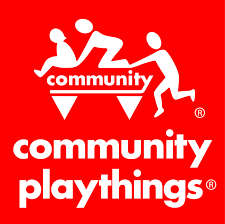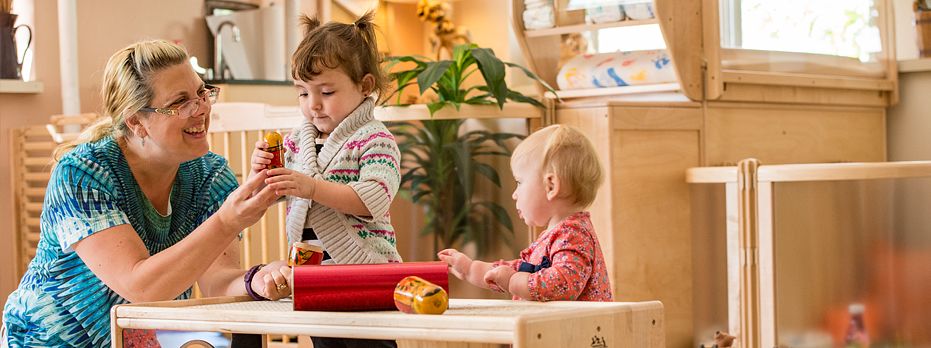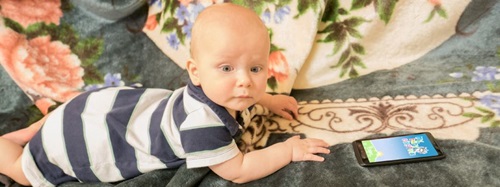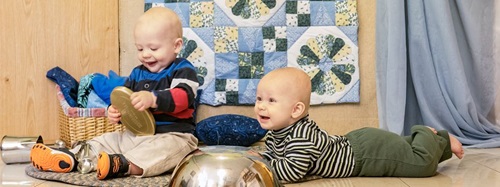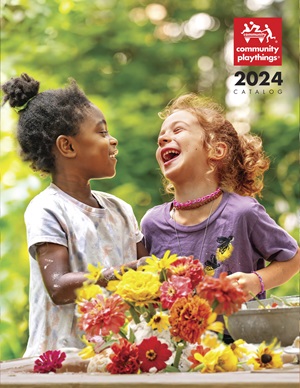Choosing a Child Care Facility that Fits
| July 2005This training for parents raises some interesting points. Can you say that you are ready for parents to evaluate your program using these 5 "P"s? - Ed.
BASICspaces (Building Academic Success in Childhood Spaces) works with communities to improve the quality of local child care centers. BASICspaces offers a comprehensive three-component approach which provides a) certified training to care-teachers, directors and parents, b) on-site mentoring and mentor training, and c) environmental interventions in the form of materials, equipment and site renovation. This article is part of the BASICspaces FACT (Families and Child care Together) training for parents and care-teachers.
One of the most important decisions the parents of a young child makes is choosing the child care facility that best fits their needs and the needs of their child. Research tells us that parents look at location, costs and hours of operation first when choosing a child care setting. We recommend they also consider the following aspects (“Ps”) in order to choose a facility where their child will fit like “a pea in a pod”.
People: The relationships you and your child have with the staff (care-teachers, directors and owners) helps to determine the quality of care your child receives.
- Care-teachers play an important role in your child’s growth and development. In fact, research shows that, because of the considerable amount of time children now spend in child care, next to parents, care-teachers may be the most influential factor in a child’s development. Therefore it is important for parents to consider the following:
- Do you like, trust and respect the care-teachers? Do you think your child will feel comforted and loved by them? How long have these care-teachers been employed with this program? This particular age of child?
- What types of professional training do the care-teachers have? Will they continue to upgrade their skills and knowledge on an annual basis?
- Directors and owners make important policy decisions that affect the ability of care-teachers to provide quality care and education. Parents should find out the following information:
- Have you checked the center’s history with the child care licensing agency?
- Do care-teachers receive an adequate wage? Do they receive benefits such as paid sick and vacation days and/or health insurance?
- Are care-teachers supported in their ability to provide strong, nurturing relationships with the children in their classrooms (i.e. stay with the same group of children daily) OR do children experience frequent instability in staffing during their day?
Place: Since children can spend an enormous amount of time in child care, parents need to consider the “home-like” characteristics of the classroom and ask, “Would I like to grow up here?” We consider the physical environment (whole center and classroom) to be the “third teacher” because the environment has a significant impact on both care-teacher and child behavior and competency. Infants and toddlers learn by interacting in and with their environment.
- The Center: Use your five senses to assess the environment – listen to the noise level and tone of voices; do you hear the care-teachers talking with the children? Does the center look clean and welcoming? Are there any unpleasant odors, such as excessive bleach? Is access to nature and safe, outdoor play available to all children on a daily basis?
- The Classroom: Look at the play/ learning spaces. Since children under three learn through their senses and through movement, are children allowed to move freely and safely OR are they confined to cribs, bouncy seats, and other similar equipment for much of the day? Notice the presence (or absence) of soft areas, duplicate toys and different textures in the room for your child to explore. Examine the areas where your child will sleep, eat, be changed and/or toilet trained. Is the equipment clean, safe and in good repair? Is there a sink adjacent to the diapering area/toileting area and a separate sink for food preparation? Is care-teacher comfort and efficiency considered in the design of classroom spaces?
- And then, as one early childhood expert Jim Greenman recommends, ask yourself, “Is this setting a good place to be a child and a good place to be with a child?”
Philosophy: How does the center staff believe children learn the truths about their being, knowing and behaving? The answers to these questions are a center’s “philosophy."
- Who Am I? Ask the staff about their beliefs and ideas regarding how children learn about who they are and what is special about themselves. Will my child’s uniqueness be nurtured and respected within the group?
- How and what will I learn? Ask the staff for examples of the active and engaging learning activities the children experienced during the “past week”.(Requesting information based on recent past experiences typically ensures more accurate responses than asking about the intention of future activities.)
- How will you guide me in my social and emotional development? Observe the staff to see how they respond to individual children’s needs. Do they respond to signs of distress in a timely fashion? How do they comfort children? Does the staff see challenging behaviors as an opportunity to guide children or a reason to punish them? Are children learning that the world is a safe place or a scary place?
Program: Many children (who begin child care as infants) will spend more time in child care than in elementary and high school combined. Selecting a program of high quality is one of the most important decisions a parent makes.
- Quality Rating. Unlike many developed countries, the United States does not have a national child care regulatory agency; every state has different licensing requirements to help ensure basic, minimal health and safety of the children enrolled. Contact your state’s child care agency to find out the licensing status of programs you are considering. Ask for a copy of the quality licensing standards and read them. National accreditation in the United States is available to all centers on a voluntary basis through the National Association for the Education of Young Children (NAEYC). Contact (www.naeyc.org) for information on what constitutes high quality in early childhood programs.
- Center-based Policies. Every child care center is required to have policies that address such issues as discipline, ill-children and emergency procedures. Ask for a copy of these policies when visiting centers. Although it is a good idea to visit centers unannounced, it is best to begin with a scheduled visit. Child care staff are very busy people and it is helpful for the director to be able to schedule time to provide a tour and answer any questions.
- Curriculum. Like snowflakes, each child in an infant/toddler program is unique. It is important that care-teachers take into consideration each child’s temperament, interests, abilities and stage of development as they plan and implement activities. (Remember, it is through relationships with the care-teachers, the child and the family that healthy development and learning takes place. Ask the staff how they view each child and how daily activities reflect individualization. Look at the schedule, the routines, the opportunities for movement and exploration, the variety of toys, books and educational materials available for children to access. Note whether there are opportunities for a child to relax or play quietly and whether there is ample time for children to experience nature both indoors and out.
- Continuity. Infants and toddlers need consistent and nurturing relationships through which to learn, grow and develop into healthy people. The program should support the stable relationships between care-teachers and children over time and promote positive center morale. How will my child be guided into developing long-term relationships with staff and other children and families? How are children helped to learn such difficult concepts as sharing, expressing emotions with words and requesting help? Ask staff if they like their job, why they chose to work in this center and “why a parent would want their child in your classroom?”
Parent Involvement: Studies show that children attending quality early childhood programs with strong parent involvement are more successful in school and in life. During the infant-toddler years the intensity of parent involvement is different than it will be when a child is school-age. Infants, in particular, develop an initial understanding of who they are and what kind of place the world is through their experiences with caregivers (i.e. parents, care-teachers, grandparents). Research has also shown that infants react to the positive or negative nature of the adult relationships around them. Respectful and active parent-center partnerships between adults providing care is essential for healthy brain development. Some questions parents may want to ask are:
- Is there an opportunity for care-teachers and parents to meet individually outside the classroom prior to a child’s first day and lay the groundwork for this very important partnership? Will there be other opportunities throughout the year for parent/care-teacher conferences?
- Is there daily communication between care-teachers and parents regarding the child’s nutritional intake, routines, activities and needs?
- Do I think the care-teacher and I can develop a strong positive relationship in order to benefit my child?
- What kind of “extended family life” will your child experience while he/she lives in this place during your absence?
- Are there child and family photographs displayed in the classroom?
In order for our youngest children to thrive in group care, parents need to become informed consumers of the child care facilities that are available to them. Many of the above questions can assist parents in choosing one that best fits the needs of their child and family, like “peas in a pod”.
